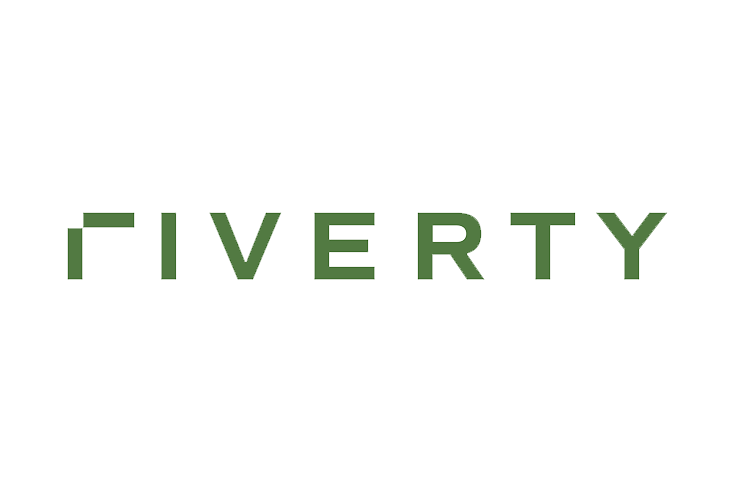
Market Role Separation in Fiber Optic Value Creation
and why it is essential
Times are changing: the market environment in the fiber optic industry has changed dramatically in recent months - after a phase of unbridled growth and massive investment in the construction of new infrastructures, consolidation is now following.
Companies in the fiber optic sector have been confronted with a significantly changed market situation for around six months. Due to rising interest charges and scarce civil engineering resources, many investors are withdrawing their planned investments in new fiber optic infrastructures.
This blog post is intended to help develop a better understanding of how the funds that are still available can be invested sensibly in IT and used to add value for these companies. The aim is to address the existing market interfaces appropriately and efficiently so that access to the existing infrastructures - so-called "open access" - is possible for all consumers in a process-oriented manner.
The value chain for telecommunications products in Germany is divided into two market roles by the so-called S/PRI interface (Supplier/Partner Requisition Interface): the supplier of a connection infrastructure and the reseller who provides products to the end customer.
The S/PRI Interface Enables the Purchase of Access Power for Own Customers on Third-Party Infrastructure
Due to the rapid growth of recent years, many fiber optic companies have neglected the procedural mapping of this separation of roles. Why? Because, for example, they serve their end users via their own infrastructure and saw no need for other customers or because they were not obliged to provide genuine open access due to their own commercial expansion. However, if federal or state funding is granted, there is always an obligation to offer the established connections to other users on a non-discriminatory basis.
This development has resulted in process environments that have evolved over time and are difficult to adapt to changing requirements. Many customer relationship management (CRM) systems have also been further developed and customized to support sub-processes on both sides of the market interface.
Many infrastructure owners are currently examining at full speed whether and how they can monetize existing connection clusters. In addition to access for other users, the possibility of selling parts of their own infrastructure is also being examined. In order to achieve an appropriate price, it must be possible to offer these clusters in a process-oriented manner. This includes the extremely fine-grained documentation of the fibers and data that are essential for access to the market interfaces. As a lot of connection information is mixed up in the monolithic CRM data storage, it is very difficult to separate the infrastructure from the existing systems and transfer it to a buyer in a way that retains its value. This restricts the infrastructure owner's ability to act and prolongs the sales process.
To prevent this situation, the entire process data must be stored in a cross-role data model in data warehouses separated by market roles. These offer a number of advantages:
Arvato Systems serves the "Reporting" and "Migration" modules with the cross-market role data model of the 'Fiber Suite' a holistic, cloud-based software-as-a-service solution for infrastructure owners and end customer contract partners. In addition, the 'Fiber Suite' has a powerful CRM for handling customer and product processes and, as a separate instance, an "ARM" (Assett Relationship Management) for infrastructure owners, which can be used to control both the passive infrastructure and the active network operation platform.
For end customers, this makes attractive broadband products possible on the one hand and greatly simplifies connection and service processes on the other. This benefits companies along the entire value chain.

Tip
Within the Bertelsmann Group, our sister company Riverty delivers all the necessary accounts receivable accounting processes, including dunning and collection, in a highly automated manner via an Accounting as a Service interface.
Written by


